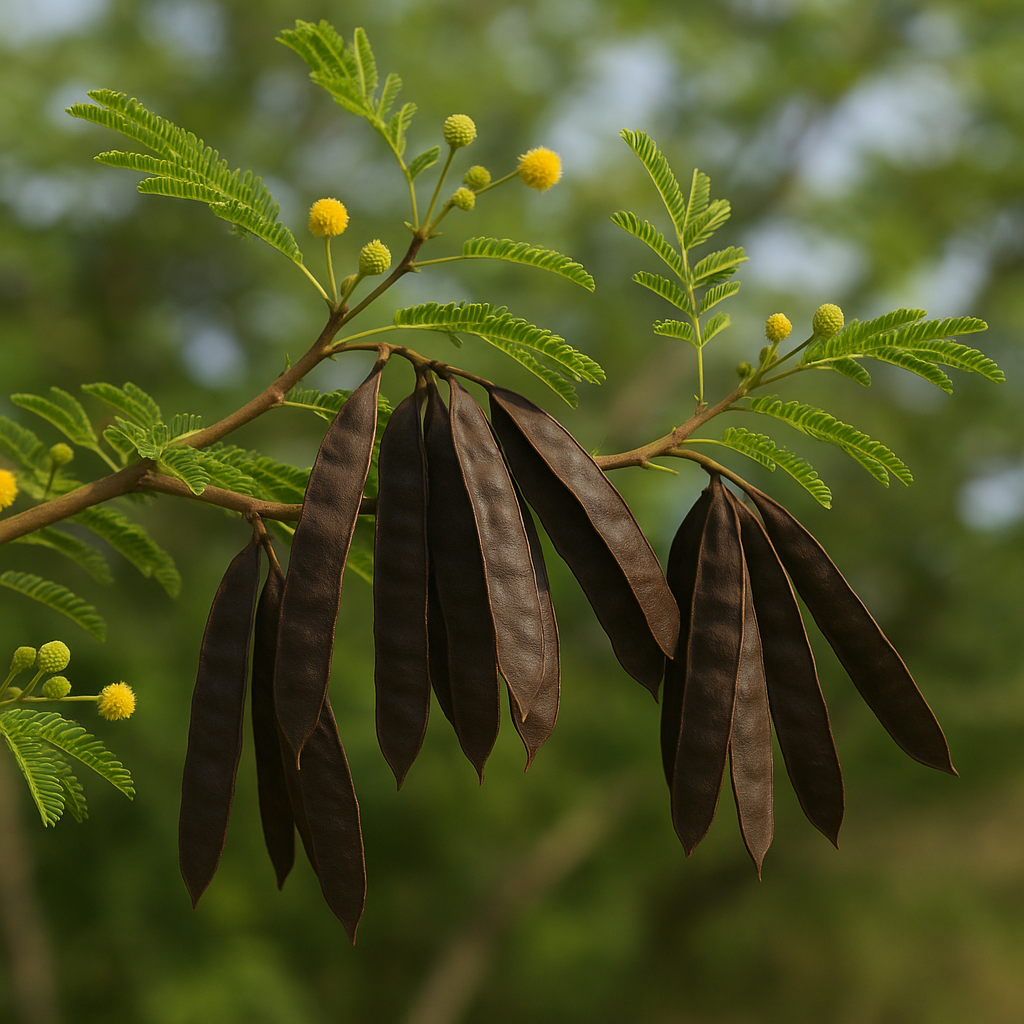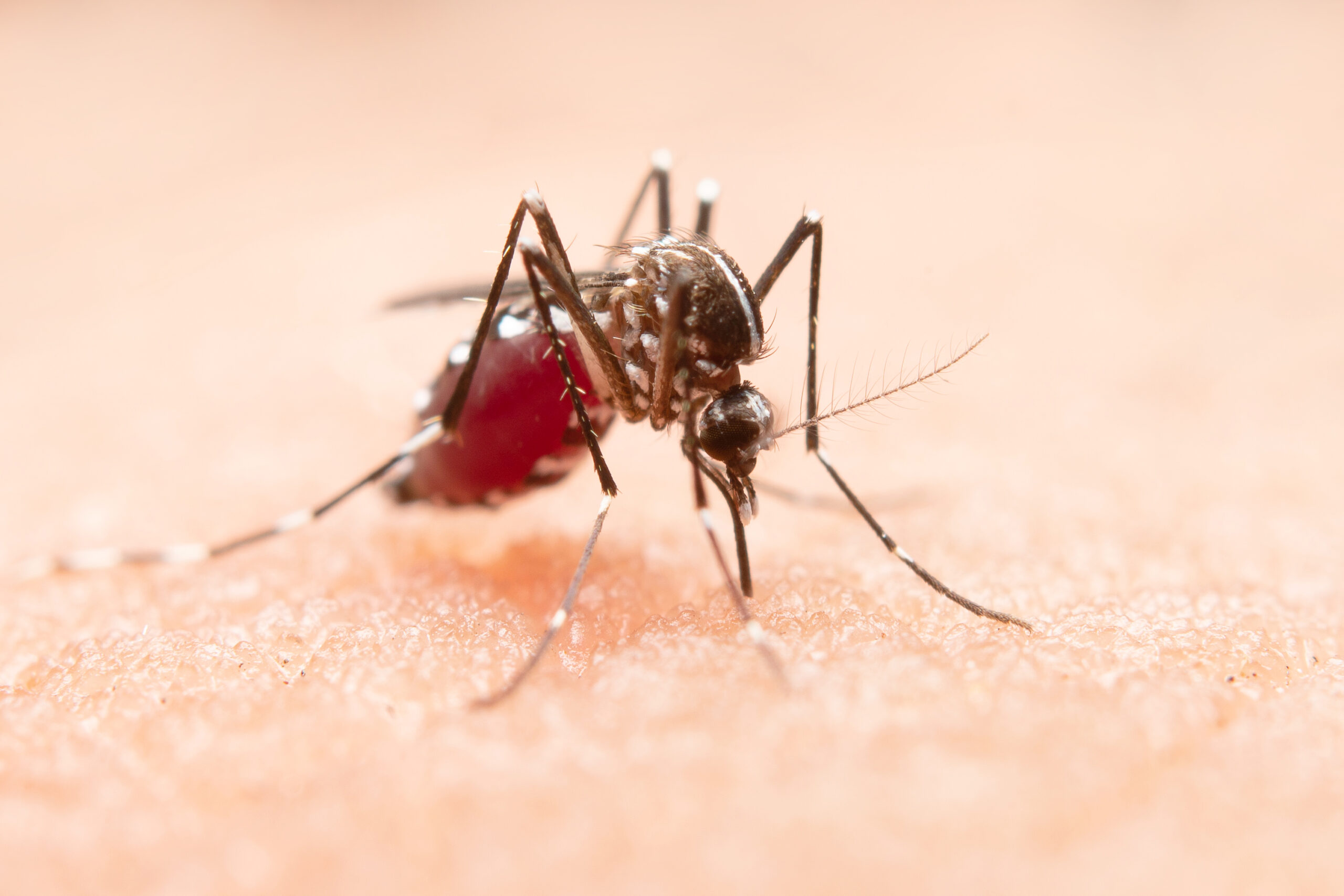As consumer awareness of immune health grows, demand for natural, plant-based solutions rises. These solutions protect against viral threats without relying on synthetic drugs. In tropical regions, viral infections such as dengue fever remain a major public health concern. As a result, the health and wellness industries seek new, innovative ingredients. They focus on preventive and therapeutic functions using safe, effective, and natural sources. These approaches strongly resonate with modern consumer values. One promising botanical is Acacia catechu, a traditional Asian medicinal plant gaining renewed scientific attention.
In a major breakthrough, bioactive peptides from its bark show strong antiviral potential. They block viral components needed for entry into human cells, neutralizing the threat at a molecular level. These short-chain peptides represent a new class of natural antiviral agents. They are safe, biocompatible, and versatile. Their properties suit applications in immune support supplements, oral care, and protective skincare. This makes them valuable for brands developing targeted health and wellness solutions in Southeast Asia and beyond.
Unlocking Antiviral Potential with Acacia Catechu Peptides
Acacia catechu, also known as Khurra or Katha, has long been used in Ayurveda and Thai medicine. It is valued for soothing, antimicrobial, and astringent effects, often applied in oral remedies, wound care, and herbal tonics. While its polyphenols and tannins have been studied for general health, recent peptide-level analysis revealed more targeted antiviral potential. Researchers found evidence of specific antiviral action at the molecular level.
Peptides extracted from the bark of Acacia catechu were rigorously analyzed for dengue virus inhibition. Using mass spectrometry, computational docking, and cell-based assays, researchers identified five distinct peptide sequences. These peptides showed clear affinity for the dengue envelope protein, a critical viral component for cell entry. Among the five, one peptide demonstrated especially strong viral inhibition combined with an excellent safety profile.

Targeting the Dengue Virus A Molecular Approach
The envelope protein of the dengue virus plays a key role in the infection process by mediating the fusion of the virus with host cell membranes. Targeting this protein with a high degree of specificity can effectively block the virus before it has a chance to replicate and cause illness. Peptides from Acacia catechu were found to bind directly to the fusion loop region of this envelope protein, a known hotspot for developing therapeutic agents.
Molecular docking simulations revealed that these peptides form stable, high-affinity interactions with critical residues on the viral protein. This binding action physically reduces the ability of the virus to engage with human cells, ultimately limiting its infectious potential. The calculated docking energies and observed binding conformations were consistent with those of high-affinity inhibitors, positioning these Acacia Catechu Peptides as competitive and promising candidates for further development into functional ingredients

Validating the Safety and Antiviral Action of Peptides
After identification, the most promising peptides were synthesized and tested on cell lines. These tests observed real-world impact on dengue virus replication. One standout peptide, called AC5, significantly inhibited viral activity at safe, micromolar concentrations.
Importantly, the AC5 peptide showed no cytotoxic effects on normal human cells. This strong safety profile makes it suitable for oral, topical, or ingestible products. The dual profile of high antiviral activity and low toxicity matches growing demand for clean-label, scientifically-supported ingredients that enhance wellness without compromising safety.
Commercial Applications for Acacia Catechu Peptides
The antiviral peptide discoveries from Acacia catechu open the door to a wide range of product innovations. Whether targeting immune support, oral hygiene, or daily skin protection, these peptides offer science-backed performance and a consumer-friendly natural origin.
- Immunity Supplements and Functional Foods These peptides can be formulated into daily capsules for immune health, integrated into functional beverages or wellness shots, and positioned alongside other plant-based immune boosters.
- Botanical Oral Care Their properties make them ideal for inclusion in lozenges or sprays for antimicrobial and antiviral oral support, especially when paired with ingredients like clove or mint to enhance traditional appeal.
- Antiviral Skincare and Personal Care They can be used in post-mosquito exposure creams in dengue-endemic areas or integrated into facial masks and hand sanitizers for daily urban immunity products.
- Preventive Wellness Portfolios These peptides are ideal for travelers and consumers seeking natural protection, branded with storytelling around Southeast Asian herbal knowledge and modern science.
Connecting Molecular Science and Tradition
The scientific exploration of Acacia catechu peptides bridges ancient herbal practice with modern biomedical insight. Unlike many plant-based actives relying on undefined whole extracts, these peptides were individually sequenced, modeled, and validated for precise antiviral activity.
For brands and product developers, this specificity offers strong credibility and clear market differentiation. The ability to communicate how a peptide works, where it binds, and its safety profile builds consumer trust and eases regulatory compliance. This discovery model can extend to other medicinal plants, encouraging investment in peptide-level ingredient innovation that surpasses conventional herbal extracts.
Partnering with VISBIO for Bioactive Innovation
For companies developing antiviral or immunity-supporting products, the Acacia catechu peptide model shows how plant-based ingredients can be scientifically optimized. Using computational modeling, peptide sequencing, and in vitro testing, researchers established a clear mechanism of action. These results create a strong foundation for commercial development in modern wellness markets.
VISBIO helps brands move from the research phase to market reality. With peptide docking simulation, bioactivity screening, and molecular modeling, we deliver a science-first, industry-ready approach. Brands are invited to connect for a free consultation on transforming bioactive peptide insights into innovative wellness, skincare, and supplement products.

About the Author:
Associate Professor Dr. Kiattawee Choowongkomon is a renowned expert in natural product drug discovery, with a focus on exploring plant-derived compounds for therapeutic applications. His research integrates traditional knowledge with advanced scientific techniques to develop innovative cancer treatments.
About the Research:
This study, titled “Novel bioactive peptides demonstrating anti-dengue virus activity isolated from the Asian medicinal plant Acacia Catechu,” was published in Chemical Biology & Drug Design (2018) with the DOI 10.1111/cbdd.13400. It highlights the potential of bioactive peptides from Acacia catechu as natural antiviral agents capable of inhibiting the dengue virus with high efficacy and no observable cell toxicity.


